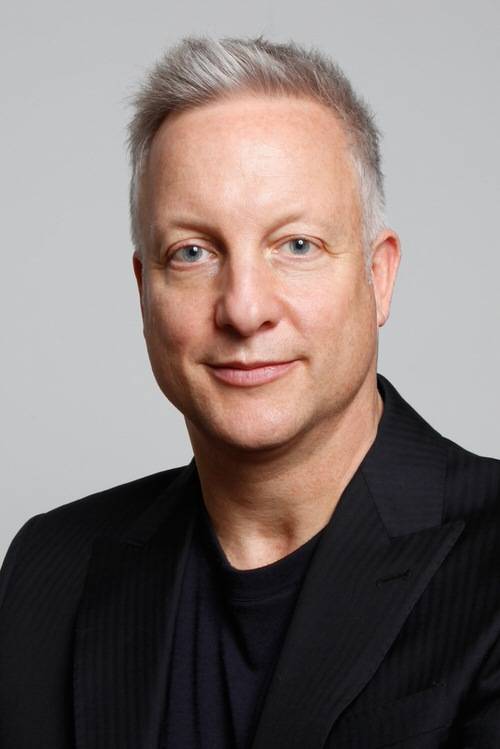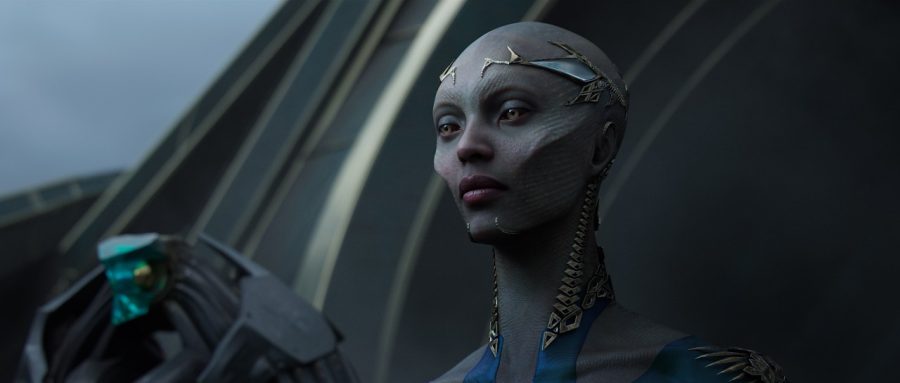Most people never get to launch a successful startup, much less six. Michael Baum (@michaelbaum), whom I first met at LinuxWorld at in 2004, has a charismatic personality and an extraordinary track record, largely unheralded. Despite earning Oprah money and minting more than 150 millionaires with six successful exits, including Splunk, currently valued at more than $5 billion, Baum has yet to retire.
Instead of launching another startup, however, he’s launching entrepreneurs.

Today Baum heads up a non-profit called Founder.org, where he’s applying the lessons he learned from his own startups to help student entrepreneurs launch their companies. In Paris today at the World Founder Forum he announced the top 10 student team winners who split $1 million in seed money prizes. Those teams are among 50 globally participating in the Founder.org program’s second-year class. The first-year class, 10 student teams, just graduated. Seven received venture investments of up to $2.5 million. And unlike Bill Gates or Mark Zuckerberg’s college experience, Baum requires his student teams to stay in college.
I recently talked to Baum about Founder.org and the key lessons he learned over the years. And I asked him if Peter Thiel had it wrong with his 20 Under 20 program that pays students $100,00 to drop out of college….
ReadWrite: You co-founded Splunk as the CEO more than a decade ago in the wake of the dotcom implosion. Were you insane?
Michael Baum: You remember what happened in 2003 in Silicon Valley, right? We all had gum on our face. The bubble had burst. It was absolutely the worst time in the world to start a company. Nobody wanted to work in a start up. Nobody wanted to invest in a startup. Nobody wanted equity in startup.
Ironically, it turned out to be the best time to start a company because all of the real entrepreneurs were still with us and all the vacationing entrepreneurs were off doing other things again. The first 20 people in Spunk were rockstars, people who really wanted to make a difference and do something interesting and unique.
Inventing something new and creating the structure around it to make it successfully scale takes time and a lot of hard work. Ideas are a dime a dozen, its the execution that counts. And execution is all about people—high-quality people.
RW: You pioneered a number of ideas at Splunk. For example, you were one of the first enterprise software freemium models. What did you think you were doing with that?
MB: It was a little accidental. When you create a simple solution to a complex problem and put it in front of a customer, they often don’t believe you. They laughed at us. Customers said they’d already spent $5 million on software and another $1 million on maintenance contracts to solve their problem. How is your stuff possibly better than that?
So we gave it to them for free.
Turns out they liked it and they came back for more. Then we said if you wanted to use it more, then you have to pay us a little something. They started using it even more, and we told them they had to pay us more. It just kind of built on itself.
We actually launched the company at LinuxWorld. Why? After a year of meeting with “prospective” customers to understand what they really wanted, we realized that we were targeting users who preferred to download software themselves and play with it before engaging with a vendor if they saw value. We weren’t open source, but we appealed to the open source mindset.
RW: Tell me about Founder.org. After more than two decades of no doubt killing yourself working crazy hours at startups, why the interest in a non-profit? Is this your way of giving back?
MB: Well, I still work crazy hours [laughs], but like my previous startups, it’s because it’s something that I am passionate about. I appreciate the support of my wife and twin sons. As part of the family deal, we moved from the Bay Area to Paris so we could enjoy an international experience and they love France. Now I live on airplanes and the TGV train.
I started Founder.org in 2012. Student teams compete to participate in our program. We work with leading colleges, universities and research institutes throughout North America and Europe to advance student entrepreneurship. The goal is to significantly increase the number of student entrepreneurs by backing the brightest student founders and biggest ideas.
We have this process we call the 8D Company Building Program that improves the odds that more young companies not only survive but thrive and positively transform the world. We are just graduating our first year of student teams and we expanded the program five-fold so 50 new student teams are starting this week.
Today we announced the ten teams that each won $100,000 prizes for the best company ideas. I’m just as excited about the 10 graduating teams. The Founder.org sister venture capital fund invested in seven of them.
RW: So your student startup teams enter your Founder.org program through some big name universities like Stanford, Harvard, Oxford and Ecole Polytechnique, and you require your entrepreneurs to stay in school. That contrasts with Peter Thiel’s controversial 20 Under 20 Program that pays students to drop out. Why are you right and Peter wrong?
MB: Peter and I both believe in the power of student entrepreneurship to change the world and I commend him for trying to help young entrepreneurs get started. No one is questioning the fact that tuition costs have spiraled out of control and that student debt has a retarding effect on entrepreneurship. People can’t be expected to pass up a regular paycheck and take on the risks that entrepreneurship entails if they’re saddled by massive student debt that they need to service every month.
But let’s not throw the baby out with the bathwater. Just because university is expensive doesn’t mean it’s not valuable for young entrepreneurs.
Universities are incredibly resource-rich environments that can provide young companies with incubation space, labs, 3D printers, maker shops and virtually any functional talent you could need, from computer science geeks to electrical engineering jocks, medical doctors and MBAs to figure out the business plan. Our smartest teams hang around even after graduation and take advantage of everything their school has to offer.
One of our teams, Eko Devices, is entirely made up of student interns except for the founder CEO, Connor Landgraf, who graduated last year and was president of the undergraduate student body at UC Berkeley and knows everyone. What a great support system and environment from which to launch a company. Leaving university means you leave all of those resources behind.





















